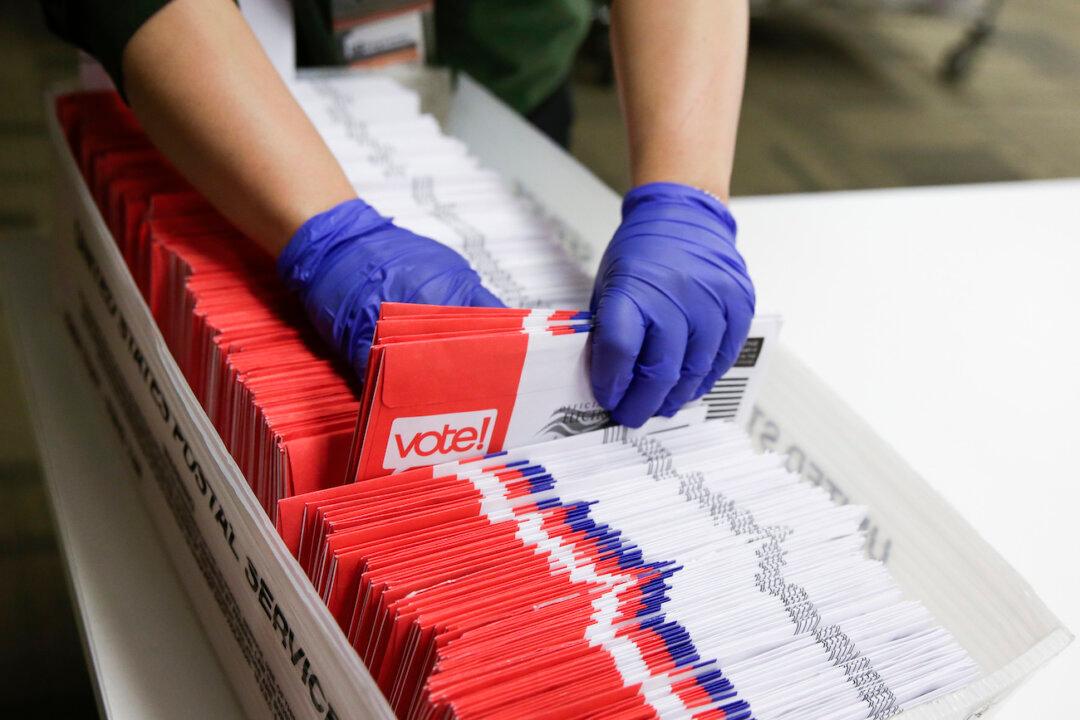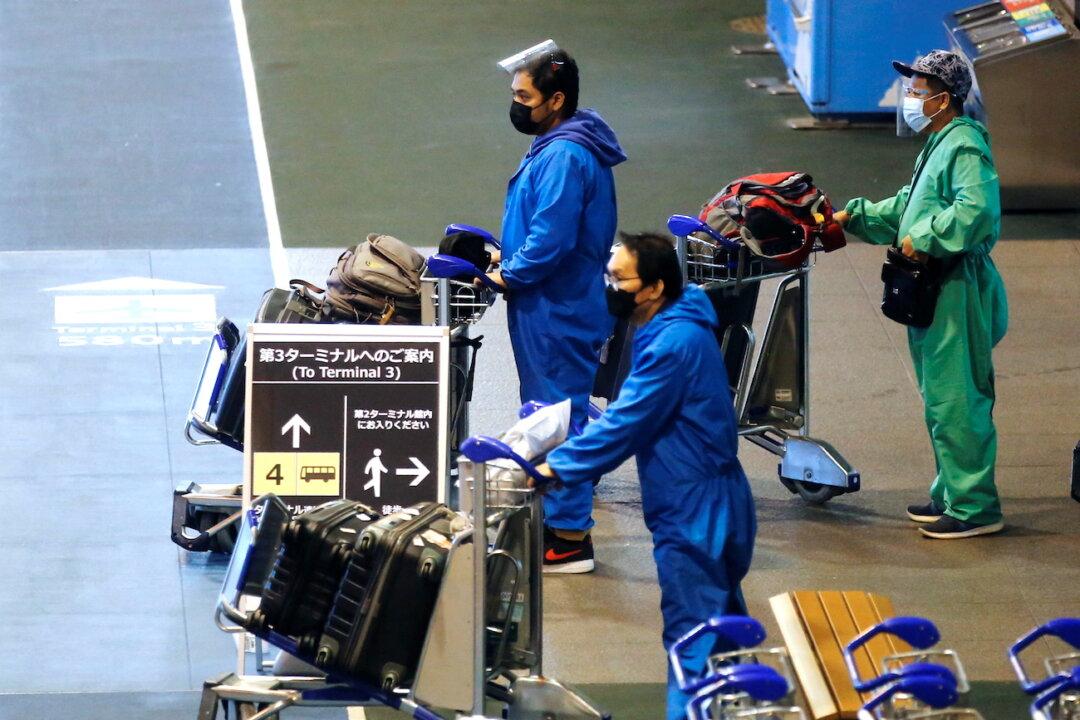Commentary
As Election Night 2018 drew to a close, it looked as if the enthusiastically predicted “blue wave” of a sweeping Democratic victory had not come to pass. True, the party had picked up about 24 seats in the House, enough to make Nancy Pelosi speaker again—pretty much in accordance with political tradition that says the out party generally gains seats in the House in the next off-year election.





